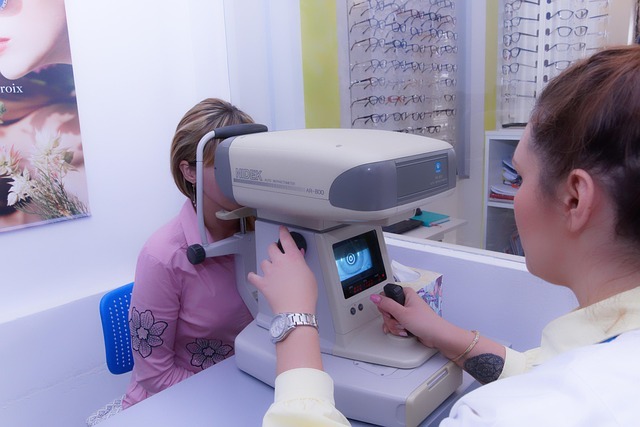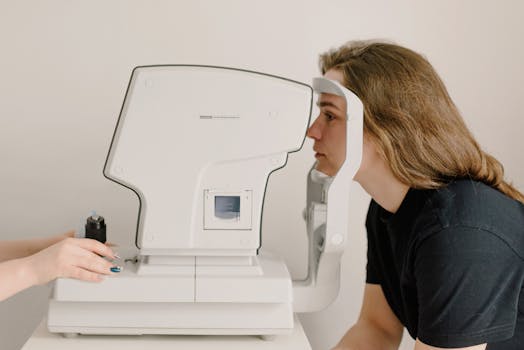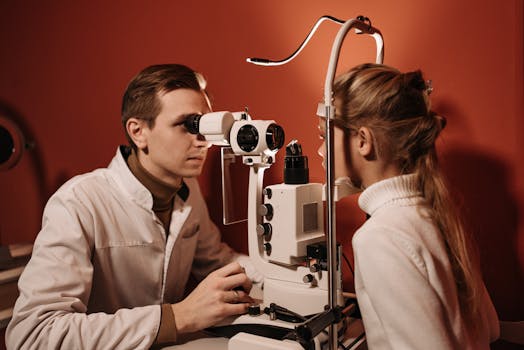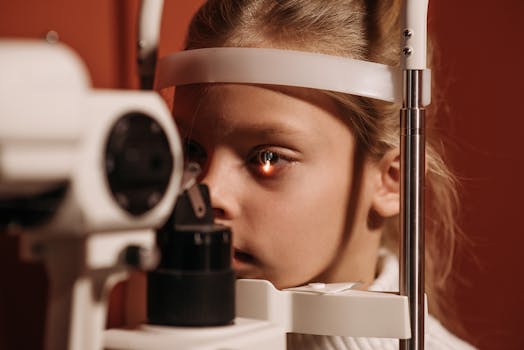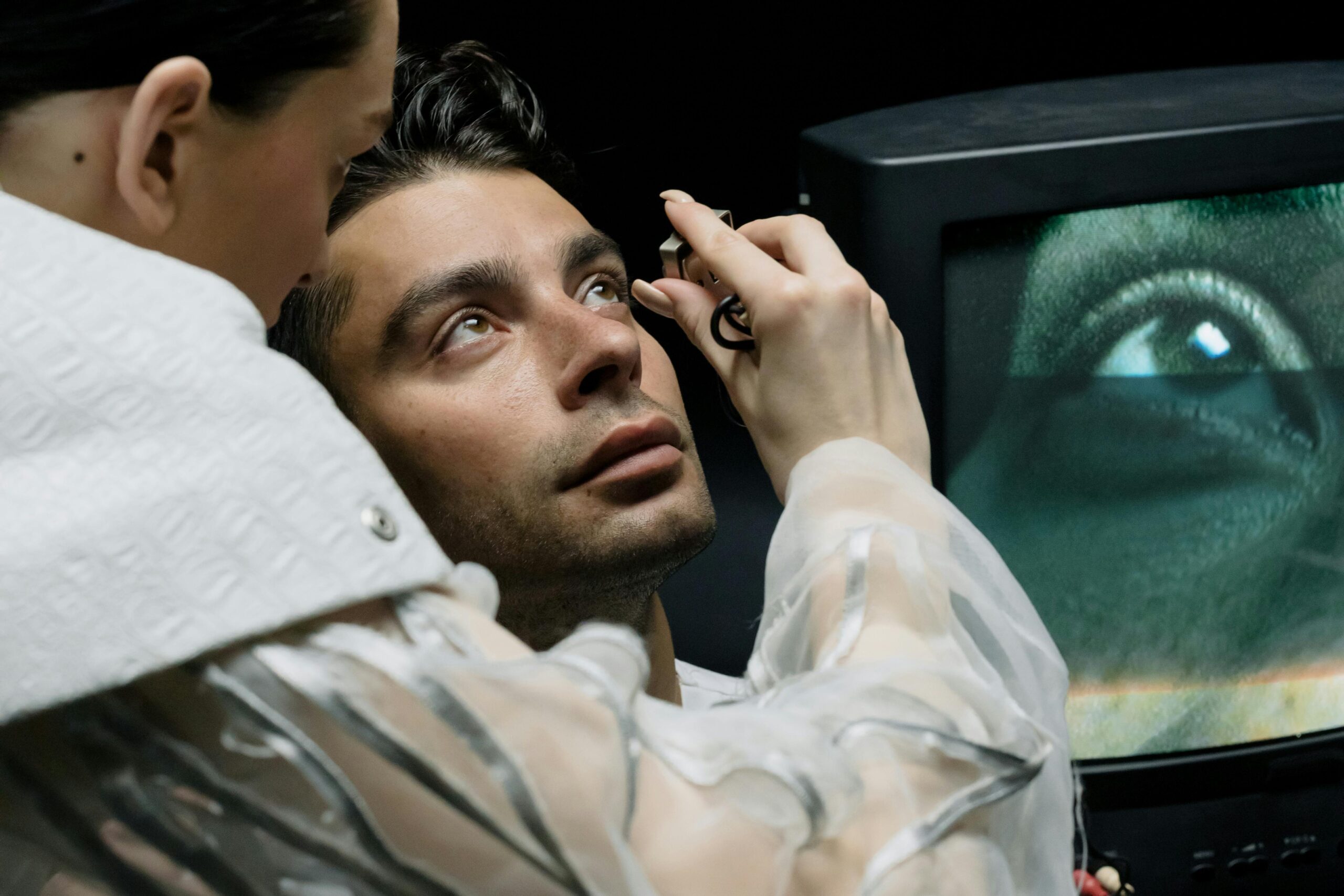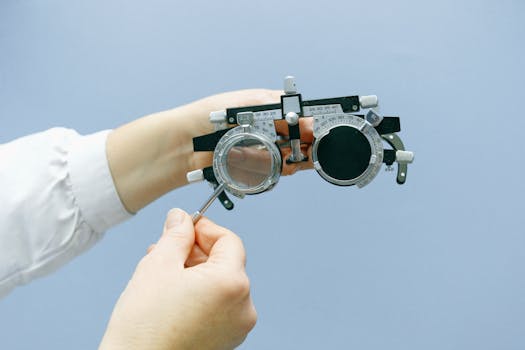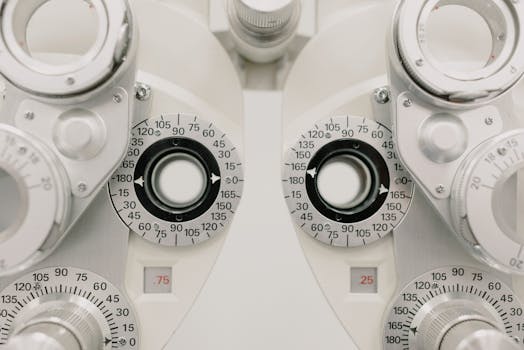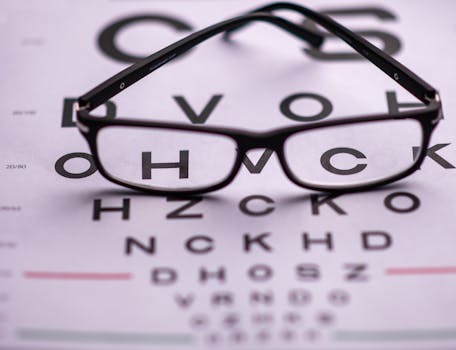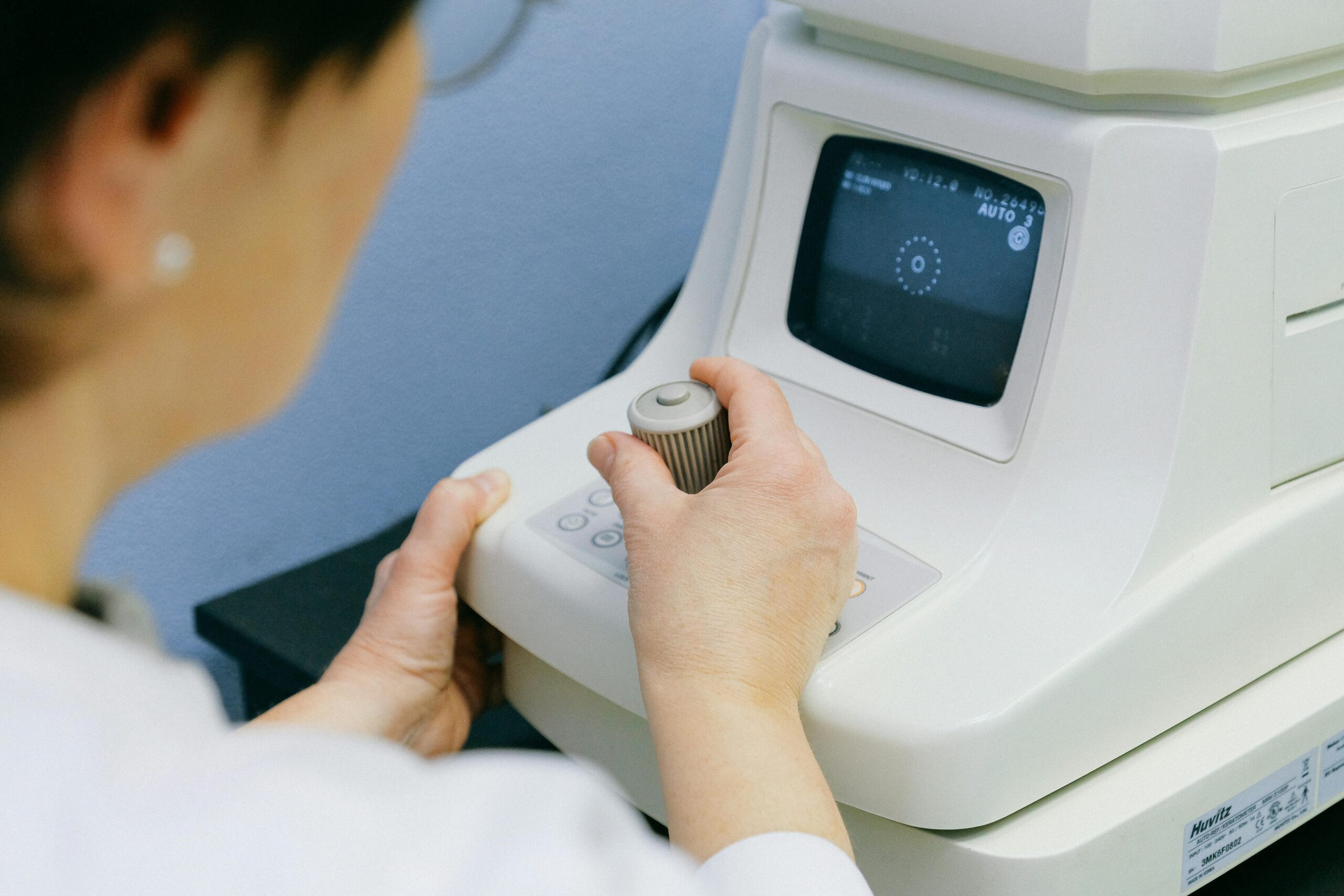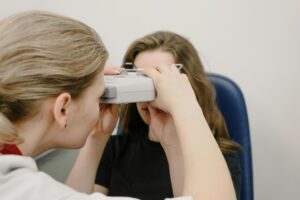Looking for the best eye hospital in Punjab that provides the latest technology and utmost care? While 50 million Indians are living with blindness or impaired vision, finding good eye care has never been so crucial.
Thind Eye Hospital is the one-stop destination for eye care in Punjab, offering world-class facilities in three thoughtfully planned centers located in Jalandhar, Hoshiarpur, and Pathankot. Emphasis on quality and customer satisfaction makes us the preferred destination to find complete eye care solutions.
Table of Contents
Why Thind Eye Hospital is the Best Eye Hospital in Punjab
Our Tradition of Superior Vision Care
Thind Eye Hospital in Punjab has earned its reputation for being the most trusted eye hospital in the area by committing the last several decades to strict devotion to patient outcomes and clinical excellence. Our mission statement goes back over 30 years and has seen us treat more than 100,000 patients with exceptional success rates on every procedure, every day.
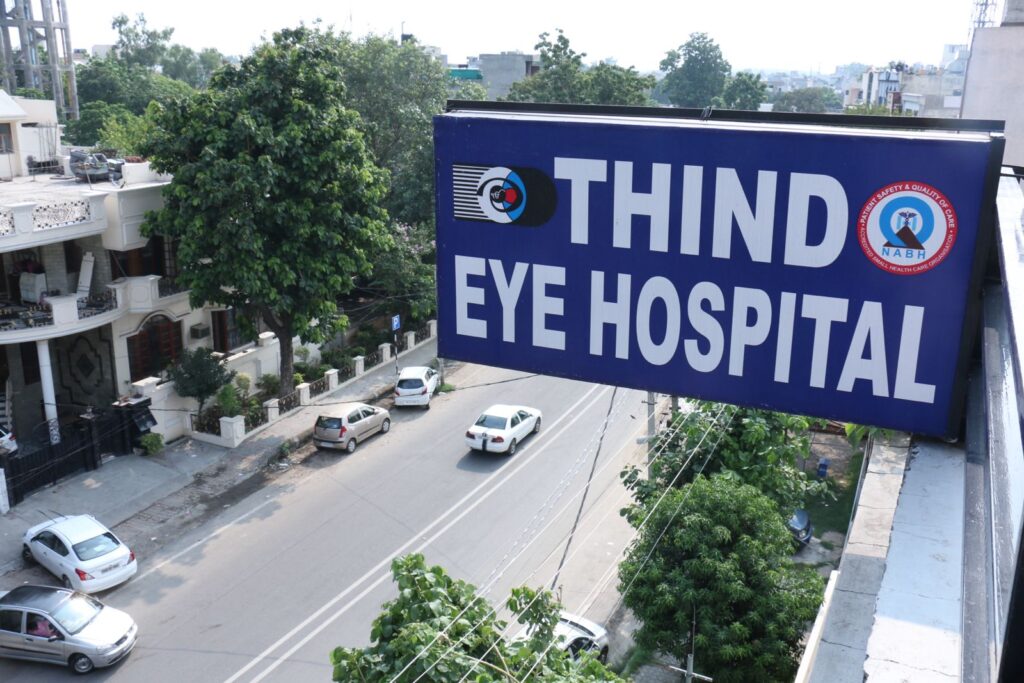
Why are we the best eye centre in Punjab:
-
- 95% patient satisfaction among all service lines
-
- Thirty years of clinical excellence
-
- Three easily accessible locations throughout Punjab (Jalandhar, Hospiarpur, Pathankot)
-
- 24/7 Emergency eye care services
-
- State-of-the-art facilities and up-to-date equipment
-
- Sophisticated facility with state-of-the-art
- Sophisticated facility with state-of-the-art
Our patient-first policy blends state-of-the-art medical knowledge with pure compassion. Testimonials from patients always speak highly of our superior care, and generations trust us to care for their loved ones. This long-lasting relationship-building enables us to become the best eye hospital in Punjab that locals trust to address all their eye care needs.
The trust that the families have in us is proof of our competence and reliability. Every patient visiting our office receives one-on-one care from our skilled team to manage their specific needs efficiently and empathetically.
Advanced Technology and Equipment
Being the leader among contemporary eye hospitals in Punjab, we invest a lot in the latest eye technology to achieve the best patient outcomes. The emphasis on the latest surgical methods on the eyes shows through the state-of-the-art advances that we have introduced to the practice.
World-Class Equipment and Technology:
-
- Schwind Amaris 750s – The world’s quickest and most precise laser (first in North India at Thind Eye Hospital)
-
- 100% Blade-Free Cataract Surgery with laser technology
-
- SMILE PRO procedure – Performs the laser vision correction in less than 10 seconds
-
- OCT image platforms for enhanced retinal inspection
-
- High-tech diagnostic tools to diagnose diseases fast
-
- Corneal topography systems to attain precision mappings
-
- Specialized retinal imaging equipment
-
- Surgical microscopes with enhanced visualization
- Surgical microscopes with enhanced visualization
These latest eye technologies involve the patients undergoing:
-
- Minimal surgical distress and minimal trauma
-
- Faster healing and quicker recovery time
-
- Better visual outcomes with enhanced precision
-
- Reduced risks of complications through advanced technology
-
- Minimally invasive surgeries that involve smaller incisions
- Minimally invasive surgeries that involve smaller incisions
How Technology Improves Patient Results:
Older surgical methods often meant longer recovery times and a higher chance of complications. With our latest-generation eye equipment, our patients experience previously unachievable accuracy and protection. Our laser technology and precision instrumentation permit us to identify problems in the earliest stages, sometimes before our patients experience symptoms.
Comparison to Classical Methods:
-
- Classic cataract operation versus Laser-assisted procedure: 50% quicker
-
- Manual LASIK versus Blade-free LASIK: 90% fewer complications
-
- Classic retinal surgery versus microsurgery techniques: 70% better visual outcomes
-
- Standard diagnostics versus Advanced imaging: 95% earlier detection rates
- Standard diagnostics versus Advanced imaging: 95% earlier detection rates
Specialized Team of Eye Experts
Our best eye doctors Punjab team, stand atop ophthalmological excellence in the region and have helped us become the best eye hospital in Punjab. Led by Dr. J.S. Thind, himself the pioneer behind numerous advances in surgical technique and instrumentation, our experienced ophthalmologists translate decades of experience and foreign training to every interaction with the patient.
Our Medical Team Specialization:
-
- Eye surgical specialists are highly trained in microsurgery
-
- Internationally certified corneal transplant specialists
-
- Trained to take care of kids’ eyes, pediatric ophthalmologists
-
- Glaucoma Management Experts with current treatment protocols
-
- Refractive surgery specialists are equipped to work with state-of-the-art lasers
-
- Oculoplastic surgeons specializing in cosmetic and reconstructive surgeries
- Oculoplastic surgeons specializing in cosmetic and reconstructive surgeries
Qualifications and Specialisation
All our eye specialists, Punjab practitioners, are well-trained and have special qualifications. A good number of our specialists have international training and actively participate in overseas workshops and conferences annually. Exposure to international standards in this manner ensures that there are no compromises on care since every treatment follows global standards.
Specific Specializations of Some of Our Doctors:
-
- Dr. Jaswant Singh Thind: Cataract Eye Refractive surgery, including laser refractive procedures + ICL
-
- Dr. Sangeet Mittal: Vitreo-Retinal & Uveitis Services
-
- Dr. Tejinder Nirmal Singh: (Medical Superintendent) Consultant Ophthalmologist and Glaucoma specialist
-
- Dr. Kanwaljeet H.Madan: Vitreo-Retinal & Uveitis Services
-
- Dr. Saurabh Mittal: Squint, Pediatric Ophthalmology, Cornea, Cataract, and Refractive Surgery
-
- Dr. Apoorva Mittal: Surgery, Orbital Diseases, Ocular Oncology Service & Neuro-ophthalmology
- Dr. Apoorva Mittal: Surgery, Orbital Diseases, Ocular Oncology Service & Neuro-ophthalmology
Patient Testimonials about Our Physicians:
Patient reviews always praise our specialist ophthalmologists in Punjab for their:
-
- Patient communication and a compassionate approach
-
- Easy-to-understand explanations of conditions and treatment options
-
- Established surgical expertise and precision
-
- Emotional support throughout the entire treatment experience
-
- Access to postoperative care and follow-up
Book Your Appointment Today!
24-Hour Service and Emergency Assistance:







